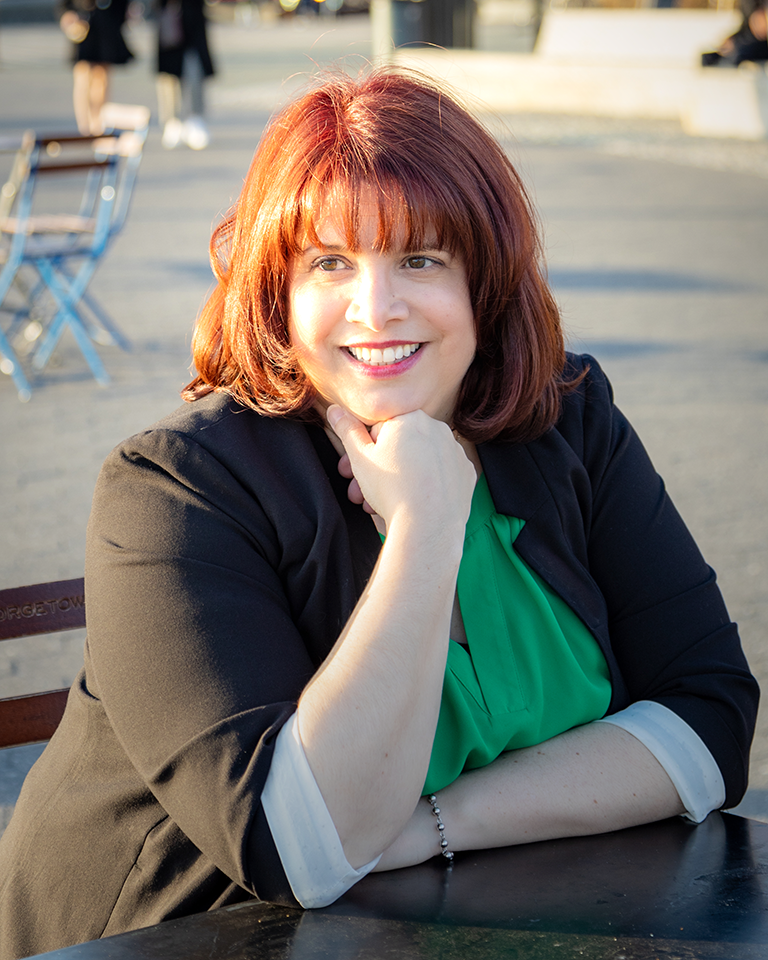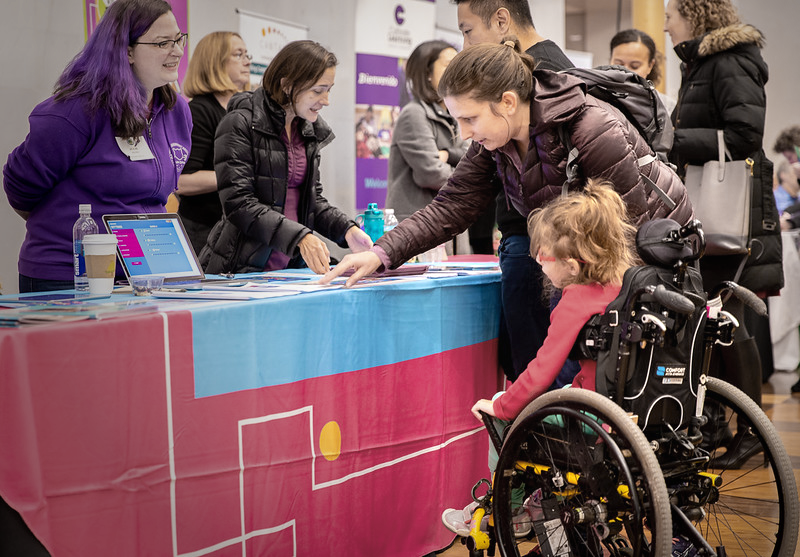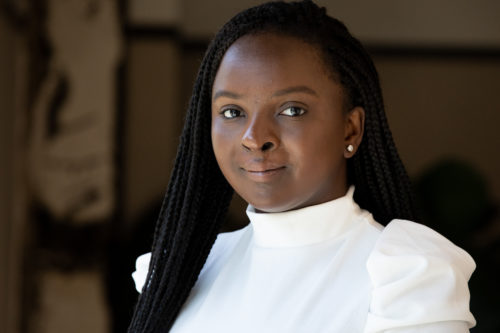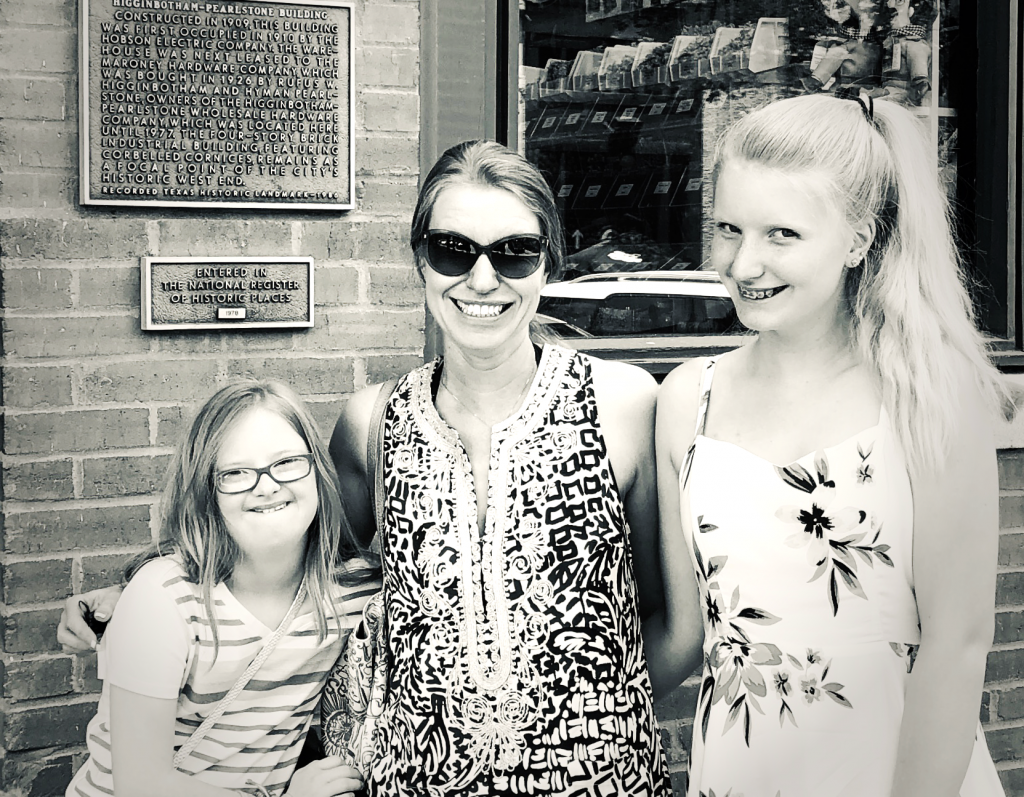NOTE: October is Learning Disabilities (LD)/Dyslexia/Attention Deficit Hyperactivity Disorder Awareness (ADHD) Month.

by Susan Reynolds, National Center for Learning Disabilities field organizer
Like many parents, I woke up on March 13 with a notification from my son’s school district: school was canceled for the day. As I read through the news that morning, I had a strange feeling wash over me. My instincts were telling me that schools were getting ready to close for in-person learning for an undetermined amount of time.
I remember saying to my husband, “I’m ADHD and so is our son, and we both have learning disabilities. I work from home, and now our son will be learning from home, too. We need to sit down and figure out a better schedule.”
We started to plan as best we could.



![Office of Special Education and Rehabilitative Services’ Office of Special Education Programs. OSEP Fast Facts: Children Identified With Emotional Disturbance. Percentage of Students with Disabilities Identified with Emotional Disturbance, Ages 6 to 21, Served Under IDEA, Part B, in the United States: School Year 2018-19. Map of United States. In SY 2018-19, the percentage of students with disabilities identified with emotional disturbance is 5.45%. States report a range from 1.65% to 17.36% of students with disabilities identified with Emotional Disturbance. Source: U.S. Department of Education, EDFacts Data Warehouse (EDW): “IDEA Part B Child Count and Educational Environments Collection,” 2018-19. https://go.usa.gov/xdp4T. Data for Wisconsin suppressed due to questionable data quality. Iowa does not use the specific disability categories when classifying a student as eligible for special education.]](https://sites.ed.gov/osers/files/2020/05/2020-osep-fast-fact-ed-thumbnail-1024x512.png)






